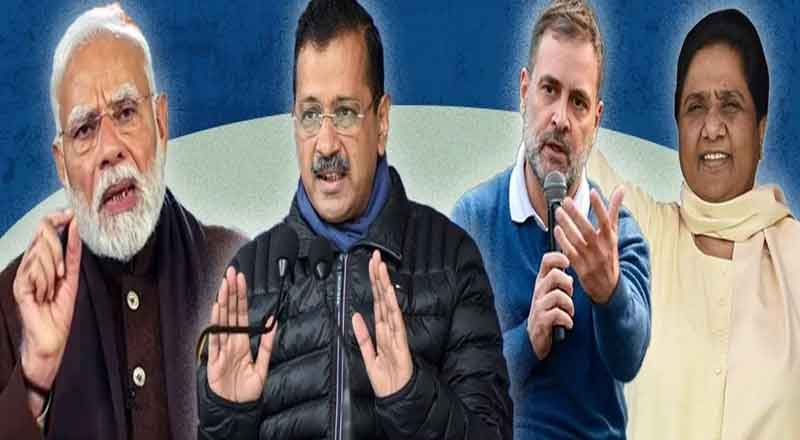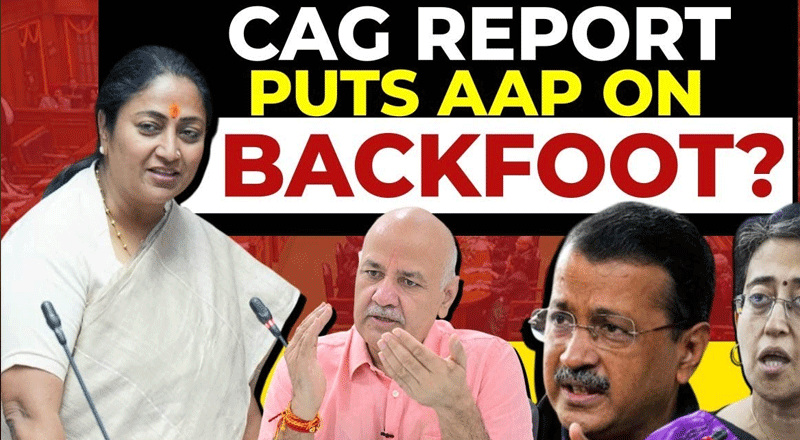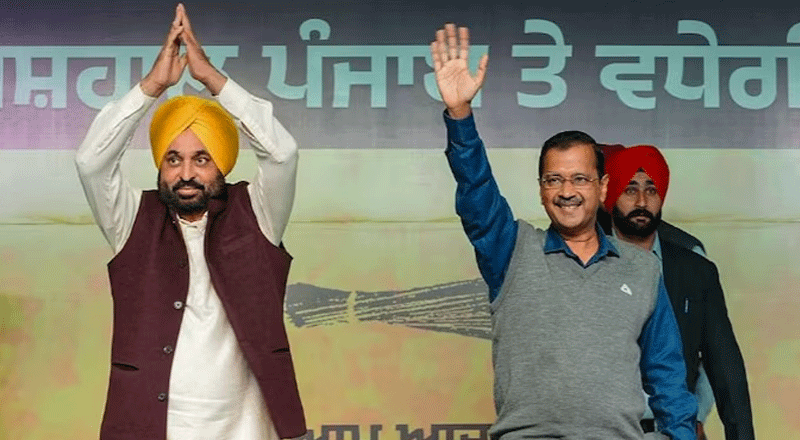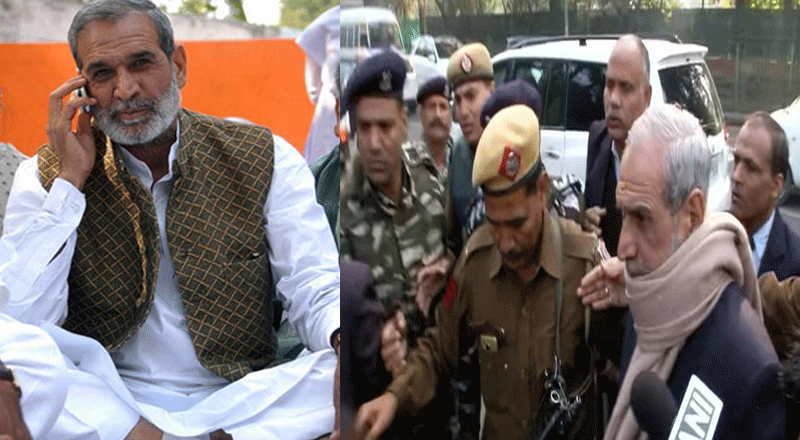The Bharatiya Janata Party (BJP) faces an uphill battle in the Delhi Assembly elections 2025, aiming to break a 27-year-long drought without power in the national capital. With elections scheduled for February 5, the contest is expected to be fiercely competitive, with the Aam Aadmi Party (AAP) led by Arvind Kejriwal dominating the political landscape. The Congress is likely to struggle, with no major expectations for a significant comeback.
BJP’s Strengths
- Organizational Power: The BJP has a strong presence across 70 assembly constituencies, with an efficient political machine in place at the booth level. The party has conducted numerous small outreach meetings with targeted communities, including slums and unauthorized colonies.
- Corruption Campaign: A sustained focus on highlighting AAP’s corruption, particularly the liquor policy scam and allegations against key party leaders, has been a major theme of the BJP’s campaign. The party also raised concerns about civic issues like water scarcity, air pollution, and damaged roads, which resonate with urban voters.
- Anti-Incumbency: The BJP is capitalizing on public dissatisfaction with the AAP government’s tenure, especially regarding its local MLAs’ performance. This sentiment was evident in the BJP’s success in retaining all seven Delhi Lok Sabha seats in the 2024 parliamentary elections.
BJP’s Weaknesses
- Lack of Local Leadership: One of the biggest challenges for the BJP is the absence of a strong local face to challenge Kejriwal. While the party is well-organized, it lacks a charismatic candidate to lead the state.
- Unfilled Candidate Slots: The BJP has only announced 29 of its 70 candidates, with 41 remaining undecided. This could lead to last-minute decisions or internal disagreements, especially among local BJP leaders and workers.
- Targeting Reserved and Minority Seats: The BJP has struggled in reserved seats (12 SC seats) and minority-dominated areas, failing to win these constituencies in both 2015 and 2020 elections.
Opportunities for BJP
- Corruption Scandals: The liquor policy scam and ongoing allegations against AAP leaders present an opportunity for the BJP to highlight the corruption issues and appeal to voters dissatisfied with the current regime.
- Anti-Kejriwal Sentiment: The BJP could potentially end Kejriwal’s dominance in Delhi and damage his national political ambitions, especially if it successfully capitalizes on public frustration with local governance.
- Strengthening Delhi Base: If the BJP wins, it could secure greater political influence in Delhi, aligning it with its Central government and broadening its base for future national elections.
Threats to BJP’s Prospects
- AAP’s Stronghold in Key Areas: AAP continues to have strong support in slums, unauthorized colonies, and minority-majority areas. These demographics are crucial for the party’s electoral success, and winning them will be a significant challenge for the BJP.
- Dissension Among BJP Workers: The inclusion of former AAP and Congress members into the BJP may lead to internal resistance in constituencies where local BJP leaders feel sidelined.
Conclusion
While the BJP has a well-oiled machine and a strong organizational presence, its lack of a clear local leader and historical struggles in reserved and minority-majority constituencies remain significant obstacles. However, allegations of corruption against AAP, along with the BJP’s national governance track record, offer a possible route for the party to regain control in Delhi. The 2025 Delhi Assembly elections will ultimately hinge on whether BJP can leverage public dissatisfaction with Kejriwal’s government while overcoming its internal challenges.





